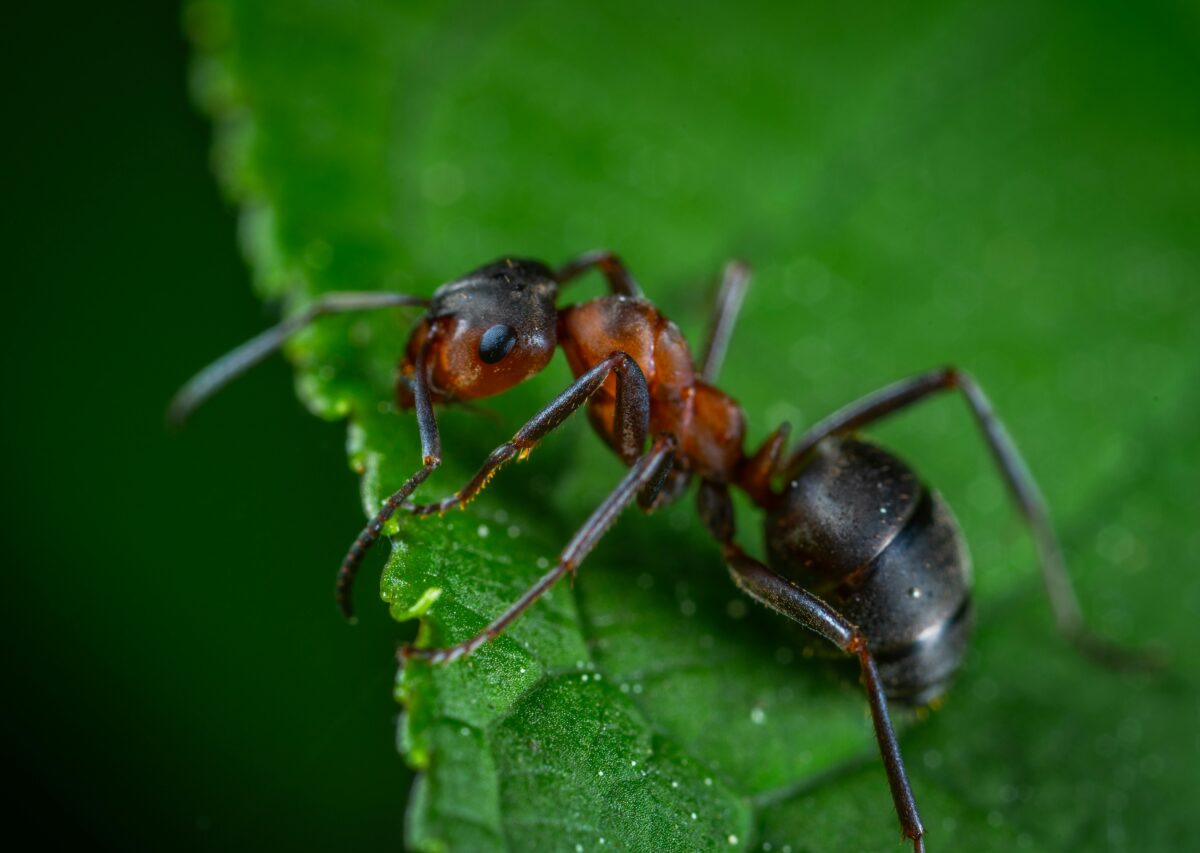Ants can quickly become an unwelcome presence in homes, foraging for food and establishing colonies in hidden corners. Fortunately, there are numerous household methods to eliminate ants effectively and safely. This article explores practical, natural remedies and preventive strategies that homeowners and renters can implement to reclaim their spaces from these persistent pests.
Understanding Why Ants Invade Homes
Ants are social insects that thrive in colonies. They typically invade homes in search of food, water, and shelter. Common attractions include crumbs, spills, and pet food. Understanding the reasons behind their invasion can help in crafting effective strategies for elimination and prevention.
Identifying Common Household Ant Species
Recognizing the type of ant you are dealing with is crucial for effective control. Here are a few common household species:
Carpenter Ants
These ants are larger and often black or reddish. They create nests in wood, which can lead to structural damage if not addressed.
Sugar Ants
Small and typically brown or black, sugar ants are attracted to sweet substances. They are often found in kitchens and pantries.
Pavement Ants
Pavement ants are dark brown and usually nest in soil or under pavement. They often invade homes in search of food.
Prevention: How to Make Your Home Less Attractive to Ants
Preventing an ant invasion is often more effective than dealing with an existing problem. Here are several strategies to deter ants:
- Seal Entry Points: Inspect windows, doors, and foundation cracks. Use caulk or weather stripping to seal gaps.
- Maintain Cleanliness: Regularly clean countertops, floors, and other surfaces to eliminate food particles.
- Store Food Properly: Keep food in airtight containers and dispose of garbage regularly.
- Limit Water Sources: Fix leaky pipes and avoid leaving standing water in sinks or pet bowls.
Natural Household Remedies to Get Rid of Ants
For those seeking non-toxic solutions, several household remedies can be effective in repelling or eliminating ants.
#1 Vinegar Solution
Mix equal parts of vinegar and water in a spray bottle. Spray directly on ants and their trails to disrupt their scent markers.
#2 Essential Oils
Essential oils like peppermint, tea tree, and citrus oils are natural repellents. Mix a few drops with water in a spray bottle and apply around entry points.
#3 Diatomaceous Earth
This natural powder can be sprinkled in areas where ants are seen. It works by dehydrating and killing ants upon contact. Ensure it’s food-grade for safety.
#4 Soap and Water Solution
Mix a tablespoon of dish soap with water in a spray bottle. Spray directly on ants to suffocate them.
#5 Boiling Water
For outdoor nests, pouring boiling water directly onto the nest can effectively eliminate the colony.
#6 Cinnamon and Coffee Grounds
Sprinkling cinnamon or used coffee grounds near entry points can deter ants due to their strong scents.
#7 Bay Leaves
Placing bay leaves in cupboards and pantry shelves can repel ants with their strong aroma.
#8 Homemade Ant Bait
A simple homemade ant bait can be made using borax and sugar. Mix one part borax with three parts sugar and a small amount of water to create a paste. Place small amounts on pieces of cardboard near ant trails. Ants will carry the bait back to their colony.
#9 DIY Ant Baits and Traps
Creating your own ant baits can be a cost-effective and safe way to deal with infestations. Here are a couple of recipes:
#10 Peanut Butter and Borax Bait
- Mix equal parts peanut butter and borax.
- Place small amounts on pieces of paper or cardboard.
- Position these near ant trails.
#11 Sugar and Baking Soda Bait
- Combine equal parts sugar and baking soda.
- Place the mixture in shallow containers near ant activity.
- Ants will be attracted to the sugar and will ingest the baking soda, which kills them.
Safe Use of Store-Bought Ant Killers
If natural remedies are insufficient, store-bought ant killers can be effective. Here are some tips for safe usage:
- Read Labels: Always follow the manufacturer’s instructions regarding application and safety.
- Keep Away from Children and Pets: Store products in secure locations and apply them in areas inaccessible to children and pets.
- Use in Well-Ventilated Areas: Ensure proper ventilation when using chemical treatments indoors.
When to Call a Professional Exterminator
If ant infestations persist despite your efforts, it may be time to seek professional help. Consider contacting an exterminator if:
- The infestation is large and widespread.
- You are unable to identify the ant species.
- You have tried multiple methods without success.
Maintenance Tips for Long-Term Ant Control
Once you have successfully eliminated ants, maintaining a proactive approach is essential for preventing future invasions. Here are some maintenance tips:
- Regular Inspections: Check your home periodically for signs of ants or entry points.
- Consistent Cleaning: Maintain a routine cleaning schedule to keep food sources minimal.
- Update Seals: Regularly check and update seals around doors, windows, and foundations.
